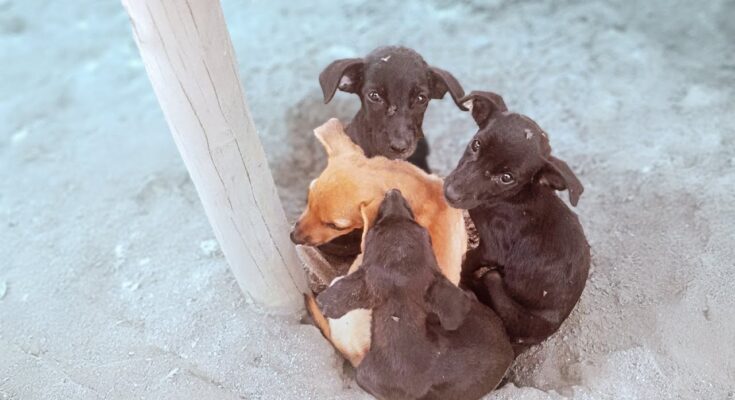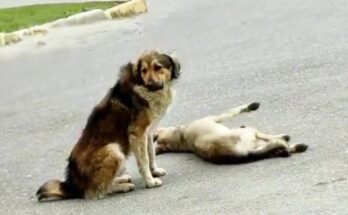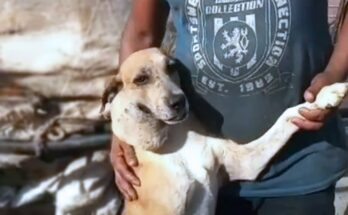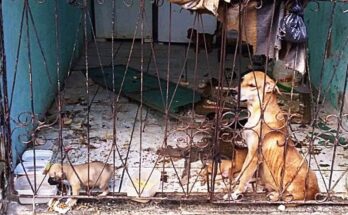The puppies were a strange sight: all ribs and wide eyes, scattered with old scars that told stories no one had asked to hear. They huddled at the edge of the coop every morning, tails twitching in anticipation, but not in hunger—at least, not the kind anyone expected. The chickens, plump and confident, strutted within the wire fence, clucking in mockery, tossing straw at the puppies through gaps in the mesh. It looked like a standoff—predators watching prey—but there was something off in the dynamic.
At first glance, one might assume the puppies were starving for the birds themselves, gnawed by hunger and desperation. But the food bowl in the corner of the yard, always full of kibble, told a different story. So did the way the puppies didn’t lunge or growl, only whimpered softly and pawed at the dirt, as if trying to reach something buried beneath the coop.
The scars, someone said, came from before—before they were rescued from the roadside, before they stopped barking. The teasing chickens, many assumed, must be taunting them into frustration. But the truth was far stranger, and far sadder.
The puppies weren’t craving meat. They were craving memory.
Under the coop, where the straw never quite covered the floor, was the old rag doll that used to belong to a little girl. Her laughter had echoed in this yard before she moved away, and the puppies remembered. It still smelled faintly like her—peanut butter, soap, sunshine.
The chickens had found it first. They played tug-of-war with it, pecked at its button eyes, and made a game of keeping it just out of reach.
That’s why the puppies came back. Not for blood. Not for revenge.
They just wanted to remember what it felt like to be loved.



